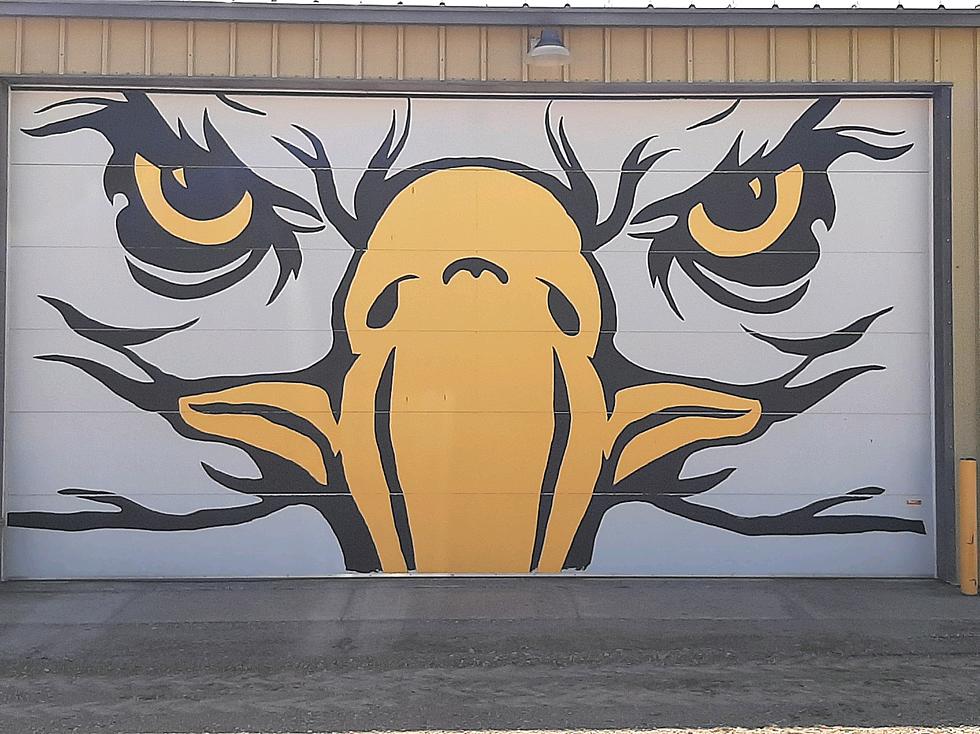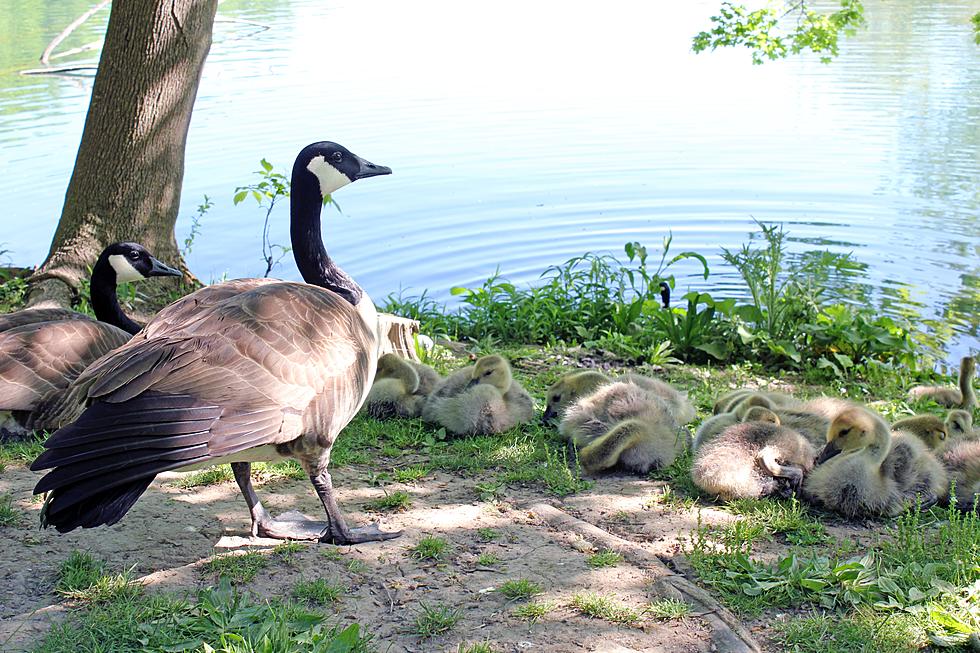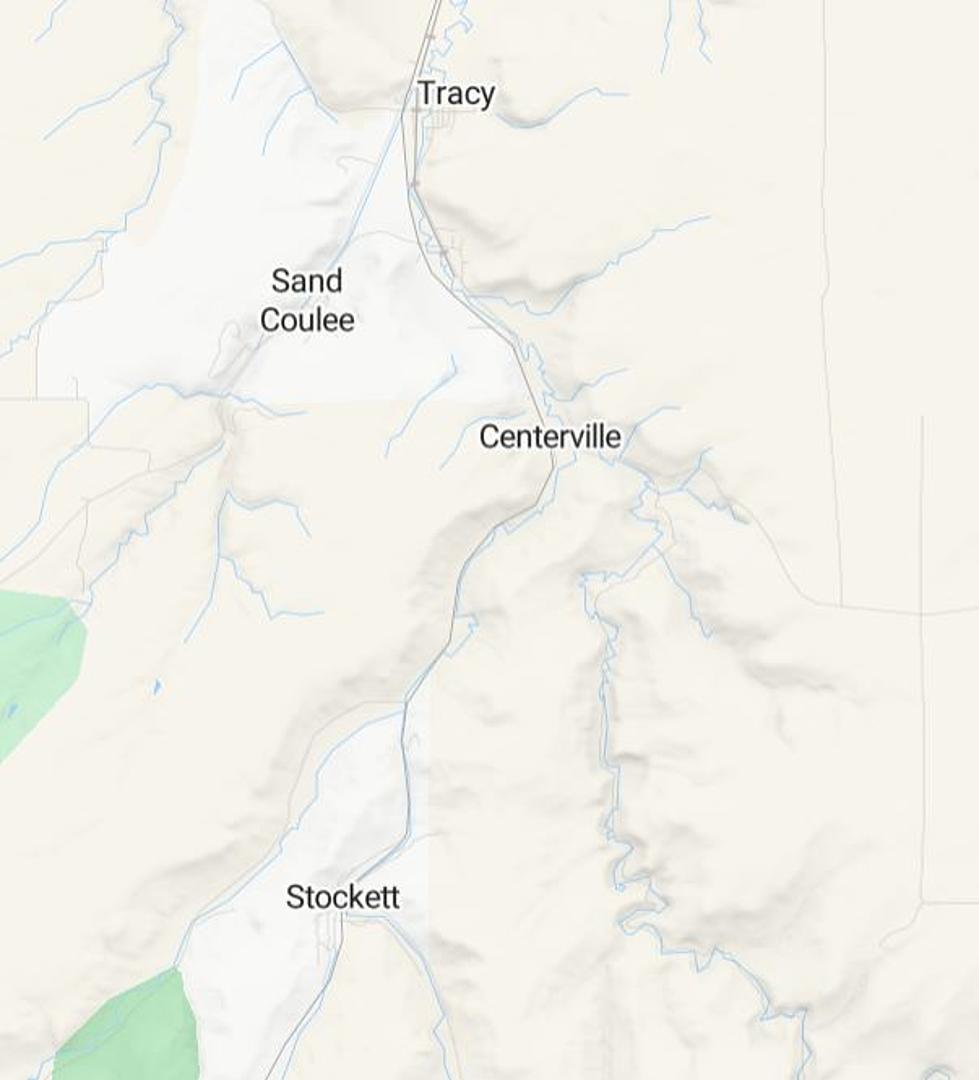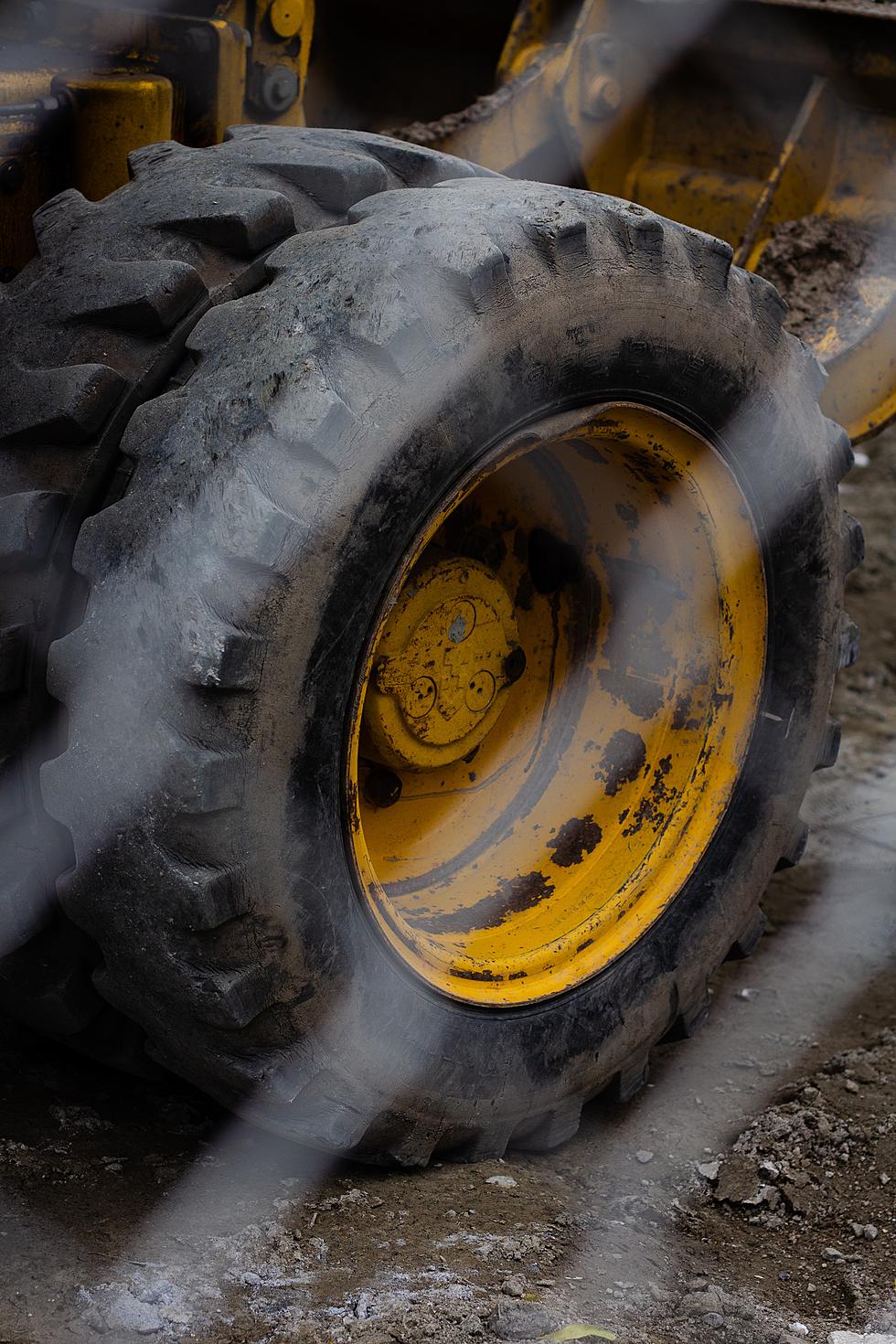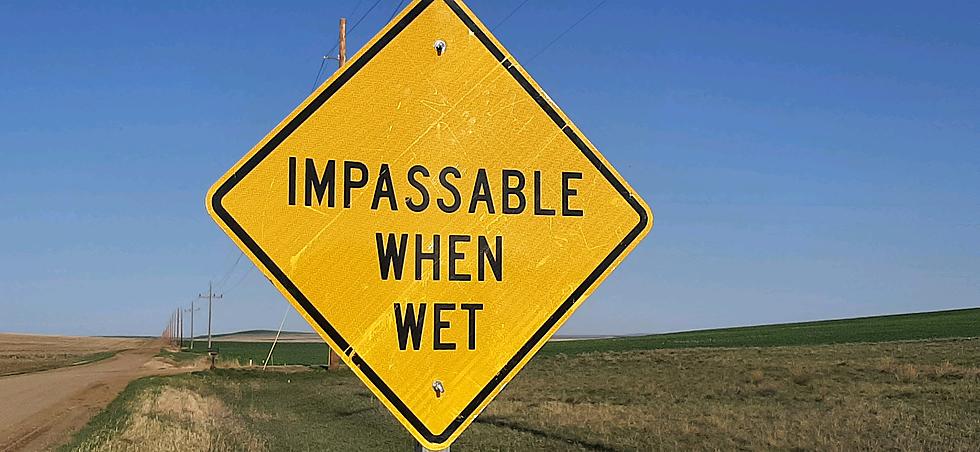
Nothing Better than a Great Made in Montana/ America product
Mike Somerby is the Marketing Director for Duckworth Company, a producer of Merino Wool products and apparel based in Bozeman with their ranching operation in Dillon. KMON caught up with Mike to learn more about this made in Montana/ America product:
Mike: Duckworth has been around for about seven years now. It was founded by John Helle. He is a third generation sheep rancher out of Dillon, Montana. And John essentially wanted to find an avenue for which to have this very, very high quality wool that his family has been growing for some time and that he has made only better through some intense genetics works and some rigorous testing practices. So he's really enhanced the genetics of the Marino wool fleece, but he wanted to find an outlet and an avenue to make sure that that ends up in a consumer product and at a very competitive price for his work. So he founded Duckworth. We're 100% American made. All of our wool comes from the ranch. And it's just an incredible product, an incredible story that a lot of people have obviously jumped on with very open arms since our inception.
What are some of the steps John has taken to reach this point:
Mike: John, being a third generation sheep rancher, the ranching operation in Dillon that he ended up taking over had been functioning for some time, of course. But essentially John was seeing that other nation’s wool, Australia, New Zealand is some of them. China produces a lot of wool, Turkey, a couple of countries in South America. But he was seeing that as the outdoor industry was rushing to embrace this fiber choice. And this fiber has been around in human civilization for about 13,000 years. But as people and brands were rushing to go use this fiber source, they were looking at other countries to produce and source that wool. What John was seeing was that we're producing high quality wool right here in the United States. He did go to Montana State University and get a degree there in animal sciences. And he was able to leverage that degree in bringing some knowledge back to his ranch in the 80s. But since that time, he's been consistently identifying the best genetics of the bands of sheep that we have running there in Dillon and in the Gravelly Mountains. And he was able to just continue to make sure that those genetics were expressed generation to generation. And here we are in 2023 and we have some of the most excellent wool you could probably find on the planet. Whatever Duckworth ends up doing with that wool fleece is one thing, but the wool crop, the wool clip itself is outstanding, very high quality. And John is definitely regarded among national leaders here in the United States of not only lifting up the sheep industry, but just producing excellent Merino wool.
Mike explains what make the Merino Wool quality so desirable
Mike: I'll just rattle them off and then sort of dig into what each of them mean crimp, micron, and then environmental factors of where the wool is actually being grown itself. So starting with the crimp, crimp is a sort of zigzag pattern that you will find in a Merino wool fleece. If you were to look at some of the fibers on their profile side, you'd see almost sort of a z like or lightning bolt type pattern. That crimp is what essentially holds some of that thermo regulation property together. So if it's cool air that needs to be held in this place or warm air that needs to be held in place, that crimp acts as sort of a natural lofting system. And the wool that we grow for Duckworth and that John grows for Duckworth, boasts an incredible amount of crimp for the fleece. And compared to what you might call an average fleece or sub average fleece, next is the micron width. We do test every single fleece that we shear for micron or micrometer. And so that essentially dictates what the end use of the fleece will be. Because a smaller micron will mean that it's much softer, at least can be worn closer or next to skin without any itch. Whereas we then take some of our more coarse microns and make them into items like socks, hats and outer layers. Stuff that doesn't necessarily touch very sensitive skin where it's prone to itch. So we do try to make sure that our sheep are growing the lowest micron possible on the aggregate. And that, again, is through some of genetics research and genetics work, but making sure that when we do find a fleece that is coarser and gearing it towards a product where it's not going to be noticeable or it's better suited in that product is definitely a differentiator we're not putting out itchy garments whatsoever. And then considering the environmental factors sheep are going to grow their wool based on a lot of factors but one of them is the climate in which they're needing to survive in. Our sheep obviously are not housed in a barn or any indoor space all season long. So they're seeing temperatures that go up into the 90s during the summer, and they're seeing temps that drop well below -30 in the winter, depending on the condition. So they need to have a fleece that is prepared for anything. And in that process of living in environments that are quite demanding, naturally, this fleece is their natural answer to keeping themselves insulated against anything that Mother Nature can throw that way. So by harvesting that specific wool we're able to then harvest that superpower if you will.
If a person wants to learn more about your company, is there a website or someplace that they can go to investigate?
Mike: Absolutely, they can go to www.duckworthco.com It's a really fun story. It's a really fun brand. I've loved being a part of the program here for about three years and once people try on a garment, they're pretty much hooked. So I would say just give it a shot and you can always return it or exchange it if it's not for you.
If you have a story idea or something you want to learn more about, give Randy a call at 406-788-3003 or send me an email at randall.bogden@townsquaremedia.com
pair wool knitted socks.
More From KMON Country 560 AM
